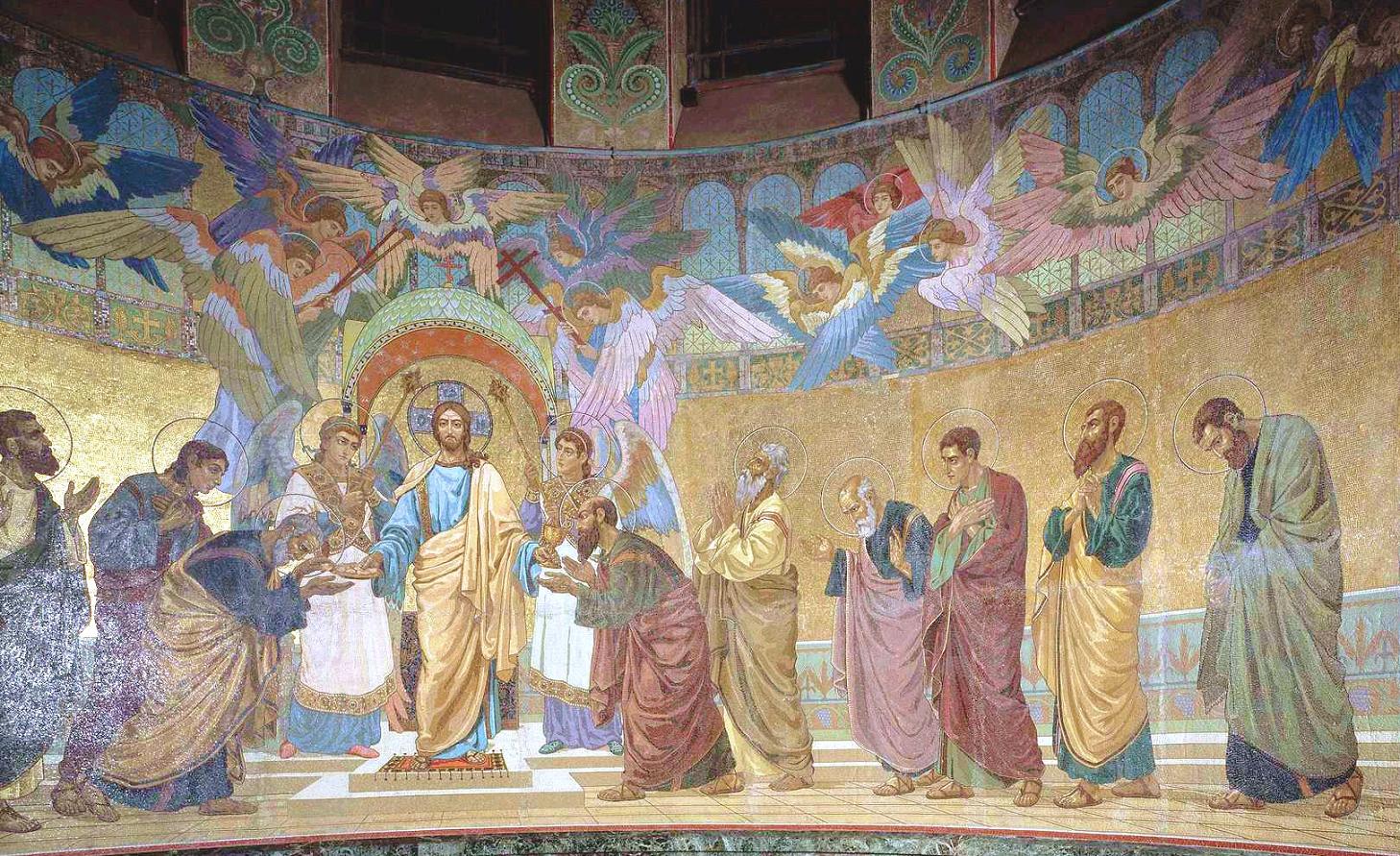
Finding Rest and Peace in the Sacraments
Taste and see that the Lord is good. Oh, the joys of those who take refuge in him!
Psalm 34:8 NLT
The Apostle Paul describes the Eucharistic meal as a koinonia (1 Cor. 10:16).The Greek word, koinonia, has a great depth of meaning: sharing, partaking, fellowship, communing, and unifying participation in the life of God. When we drink the Blood and eat the Body of our Lord Jesus Christ: we commune with Christ, we share in his resurrection, we partake of his grace, we fellowship with God and his saints, and we are brought into union with his heart and will. In short, we become partakers—people who share in the very life of God. Whenever we share in the life of God, we are encouraged to trust Christ, to love others, and to hope in God (1 Thess. 1:3).
I am continually comforted and ministered to by Christ at his Table. I often counsel students and friends who are facing difficult times in their lives to “flee to the Eucharist.” Bread and wine are God’s signs . . . of grace and love toward us. . . . [Those] who have taken this advice have talked to me later about the healing they experienced through these symbols of God’s ministry.
Robert Webber, Worship Is a Verb: Celebrating God’s Mighty Deeds of Salvation (Peabody, MA: Hendrickson Publishing, 1992), 11.









